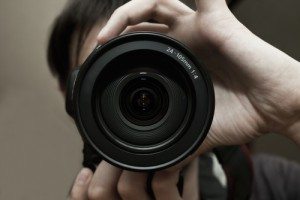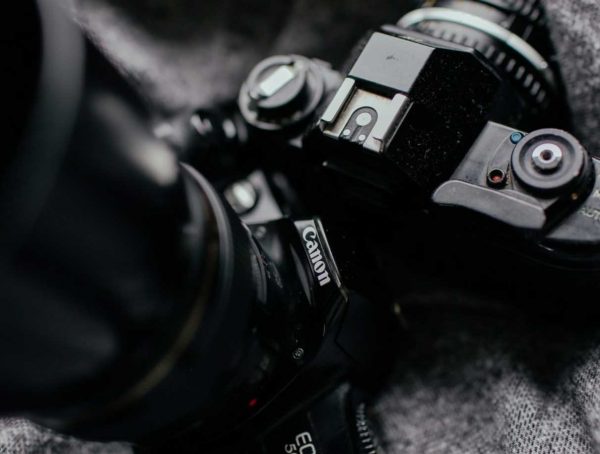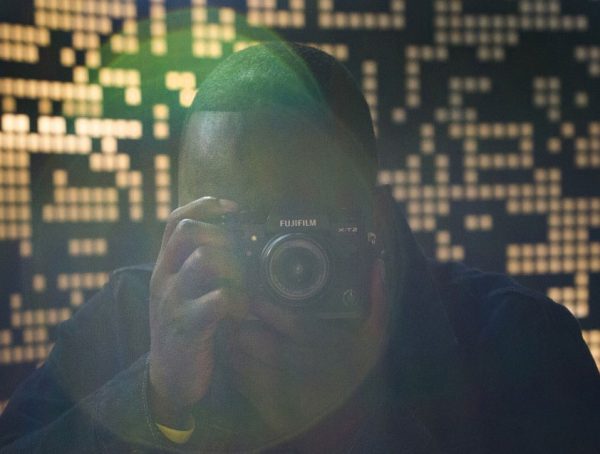 What’s the connection between photography and terrorism? Apparently, it depends on where you sit and when you ask the question.
What’s the connection between photography and terrorism? Apparently, it depends on where you sit and when you ask the question.
Just after the bombing at the Boston Marathon, investigators urged anyone who’d been near the finish line to share photos or video they’d taken around the time of the explosions. But the very same day, the FBI and Department of Homeland Security put out a warning that “discreet use of cameras or video recorders” could signal the planning of a terrorist act.
Here we go again. When officials need help identifying or finding suspects, anyone with a camera can be their friend. But otherwise, just about anyone can be seen as a suspect themselves.
There have been too many incidents already of photojournalists being arrested for doing their jobs, not to mention the cases of citizens who have been detained and had their cameras confiscated after videotaping police action. But fighting back can pay off.
Gemma Atkinson was handcuffed and threatened with arrest in 2009 for taking cellphone video of police in London when they stopped and frisked her boyfriend. She sued and won. Now, she’s used the money from the settlement to produce this animated video:
A useful reminder that it’s important to know your rights.
Photographer image via Shutterstock








